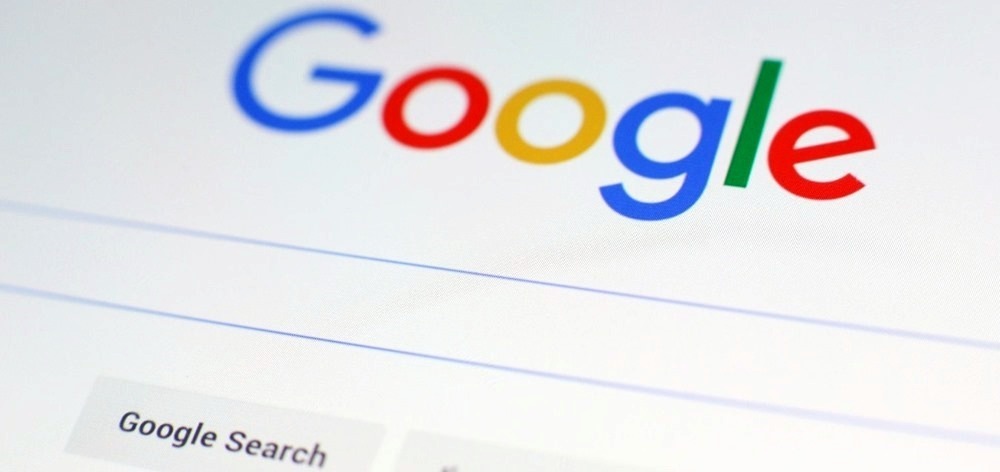Why EU Imposed Record $2.7 Billion Fine On Google? 5 Must-Know Facts About This Historical Ruling!

Google, World’s largest Internet company, has been royally humbled by the European Union. A record-breaking fine of $2.7 billion (€2.42 billion) has been imposed on them, due to manipulating search results within European countries.
The announcement of this historical fine was made by Commissioner Margrethe Vestager, who is in-charge of the decade-old investigation concerning anti-competition laws in Europe, which are toughest in the whole world.
Entire tech industry – right from Silicon Valley to Bengaluru is stirred and shaken by this path-breaking ruling, which can have a far-reaching effect on the entire industry.
Google has politely declined the ruling, and have hinted that they may appeal against this ruling in higher courts.
Here are 7 facts which you should know, about this historical ruling:
Contents
1) Why Is This Fine A Big Deal?
The issue is certainly not monetary. The fine of $2.7 billion, although claimed to be highest till date against any tech company, is just peanuts for Google. Alphabet, the parent company of Google has right now assets worth $172 billion, and in the first quarter of 2017 alone, Alphabet earned close to $25 billion.
This fine is big deal, because of the impact. As per analysts, if Google pays this fine, then it may open up a Pandora’s box, as there are tons of such anti-competition cases against Google, which can be re-filed.
It can turn out to be PR nightmare for the company.
Just for records, the previous highest fine imposed by EU was against Intel, amount to €1 billion in 2009.
2) What Did Google Do To Attract Such Massive Fine?
As per the findings of the investigation conducted by Commissioner Margrethe Vestager from EU’s, who is in-charge of Commission of Competition in EU, Google misused its dominant position in the online search market, and deliberately showcased search results from their own search engine, instead of other service providers.
As per the ruling, “Google has abused its market dominance as a search engine by giving illegal advantages to another Google product, its comparison shopping service.”
3) Is This Illegal?
Dominating a market is certainly not illegal. But, as per EU’s strict anti-competition laws, using that dominant position to crush your competitors, certainly is.
Now, Google commands a massive 90%+ market share in the online search market across 31 major countries in Europe, and this caused to be the biggest reason for this ruling against them.
As per EU’s anti-trust laws, such dominant companies have “special responsibilities”, not to hinder their competitors, and to follow a fair market policy.
But, by showcasing their own shopping engine’s recommendations on the first fold of search results, Google has broken a series of laws in EU, hence the penalty.
The ruling said, “It has denied other companies the chance to compete on their merits and to innovate, and most importantly it has denied European consumers the benefits of competition, genuine choice and innovation.”
4) What Sort of Investigation Was Done By EU?
The time-span of this investigation is also historical, in several ways.
EU’s Competition Commissioner carried over an investigation which spanned over a decade. The committee actually understood and studied how Google search works, by investigating more than 1.7 billion Google searches which were carried inside EU.
The Commission found that 95% of the clicks on results originated from the first page listings, and out of that, 35% of the clicks happen only on the first result.
Now, due to Google’s own Shopping Engine showing ‘sponsored’ posts on the first fold, organic search results were pushed back to page 2 and beyond (especially on mobile), which effectively crushed any or all competition.
5) What Happens Next?
To start with, Google first needs to alter their search algorithm, and business practices, if they want to operate in EU. The ruling has ordered Google to do so, otherwise, they shall be charged 5% of their daily earning, which is close to $14 million, per day.
Besides, companies like Getty Images, Oracle, News Corp, and Yelp have already showcased open support to the ruling by EU, and have asked US Federal Trade Commission (FTC) to take similar action against Google in the US as well.
EU has given Google 90 days to change their business model, and have stated that such similar investigation would be carried over Android and Search Advertisements (Google Adwords) as well.
On the other hand, it is expected that Google will challenge this verdict in the coming days.
We will keep you updated.
Do you think that EU is right in imposing such heavy penalty over Google? Do let us know your opinions by commenting right here.
